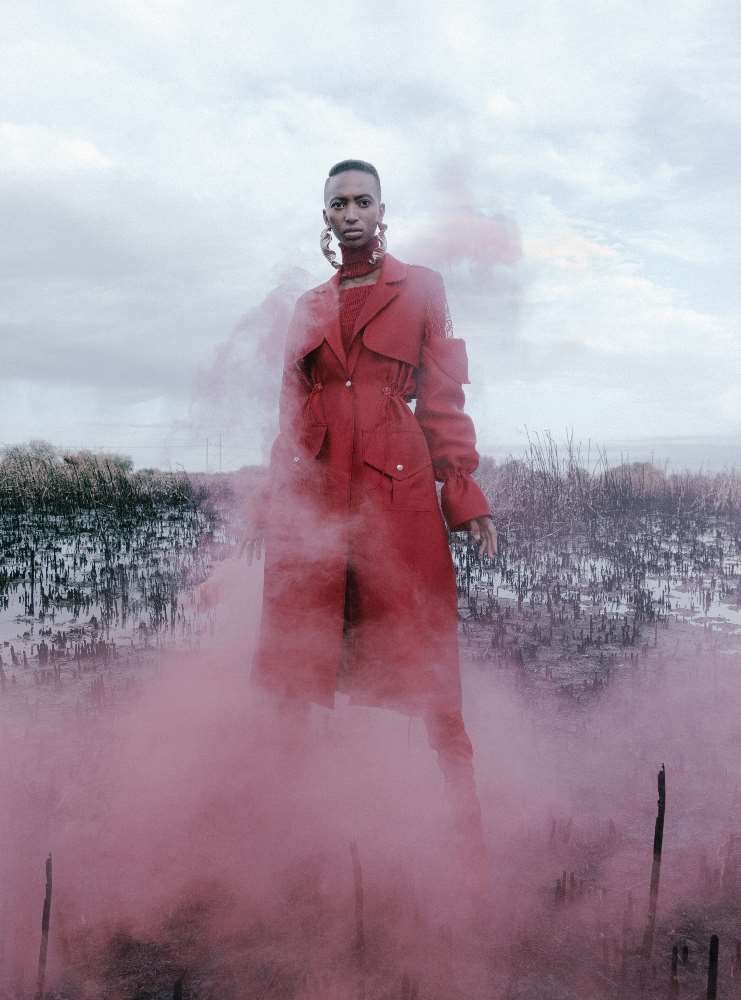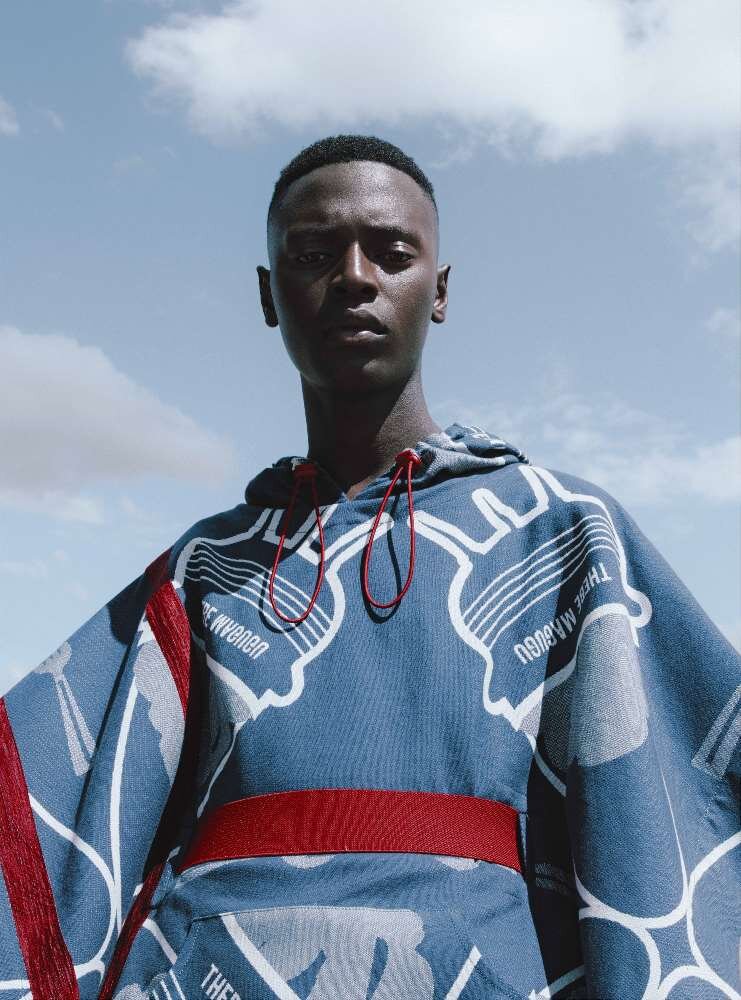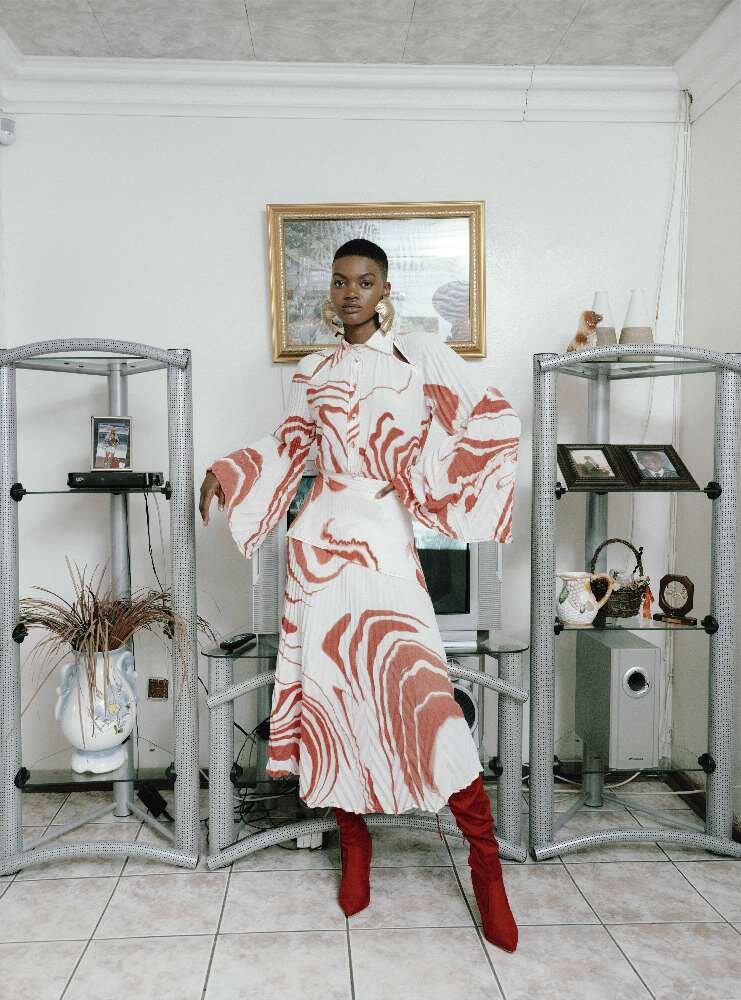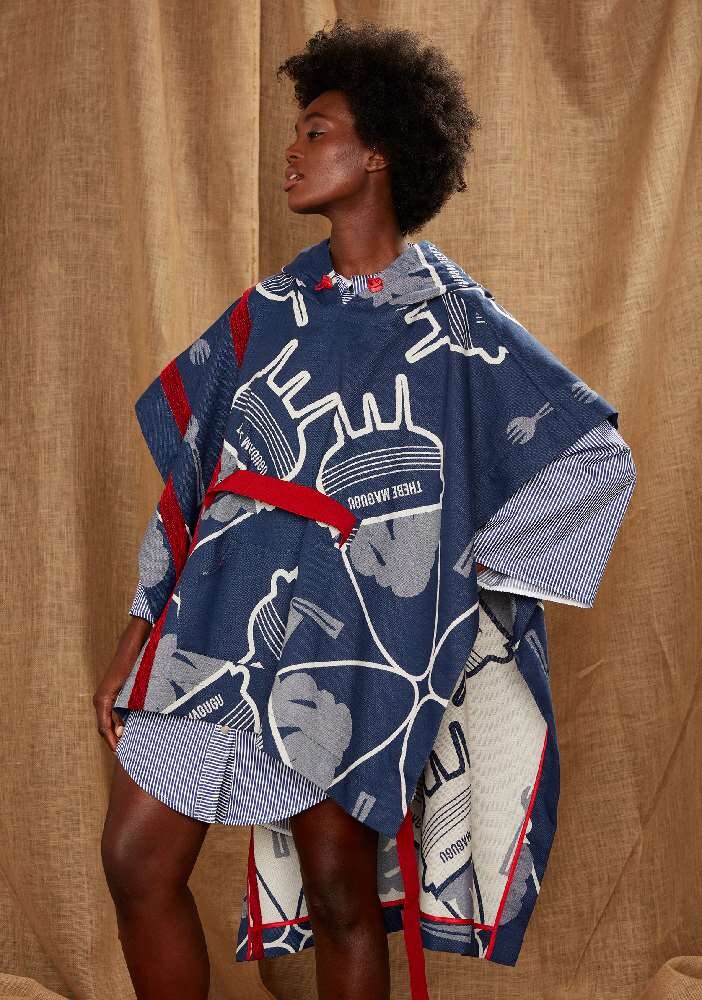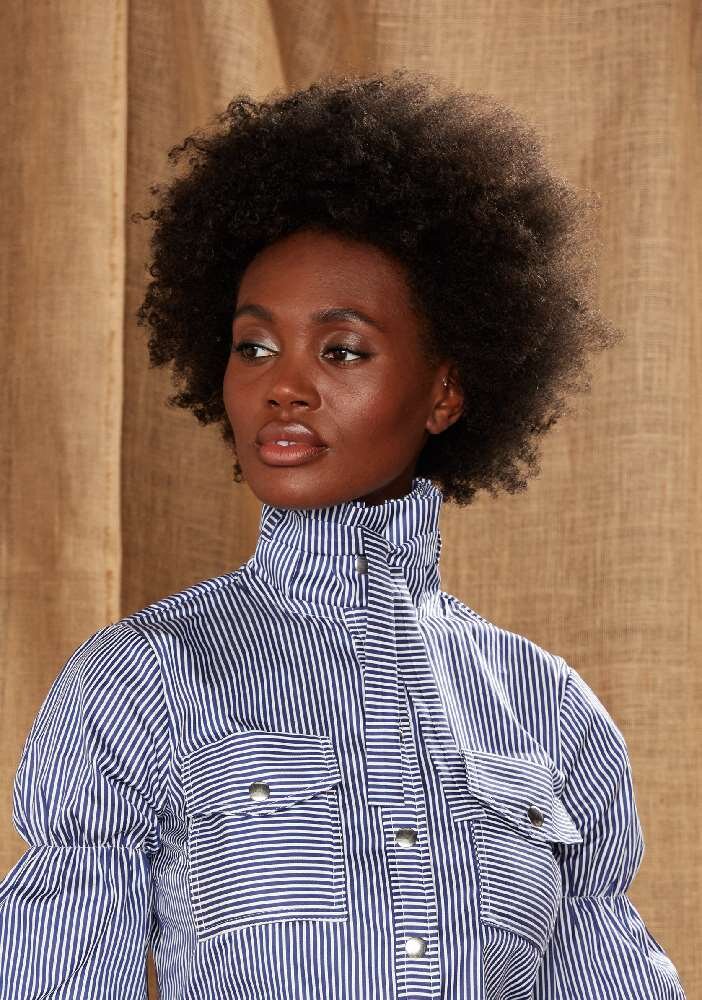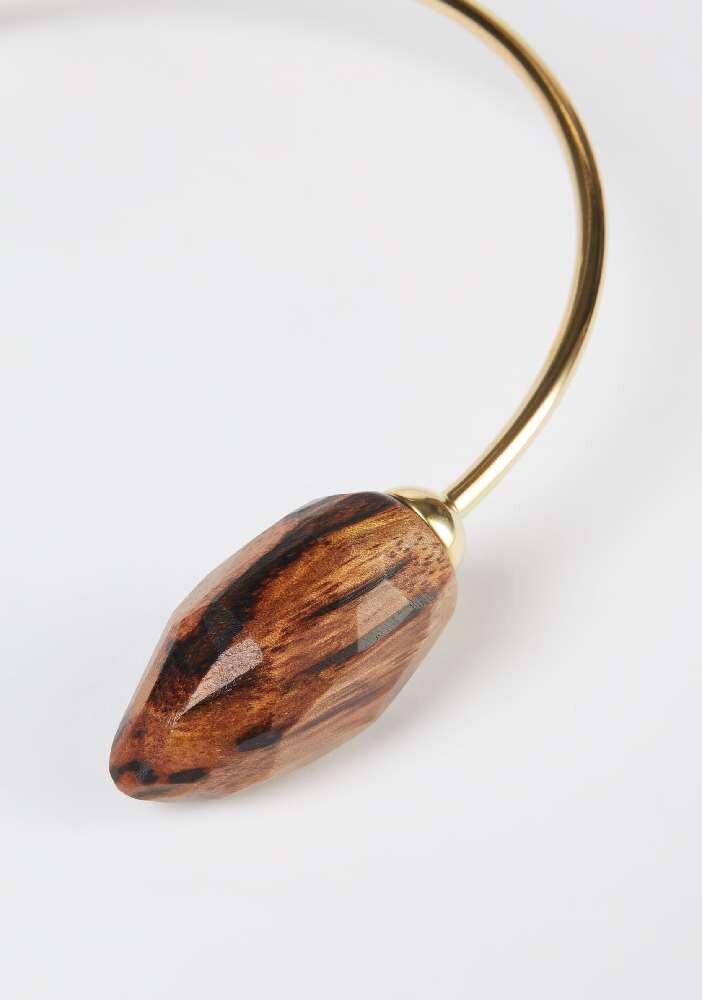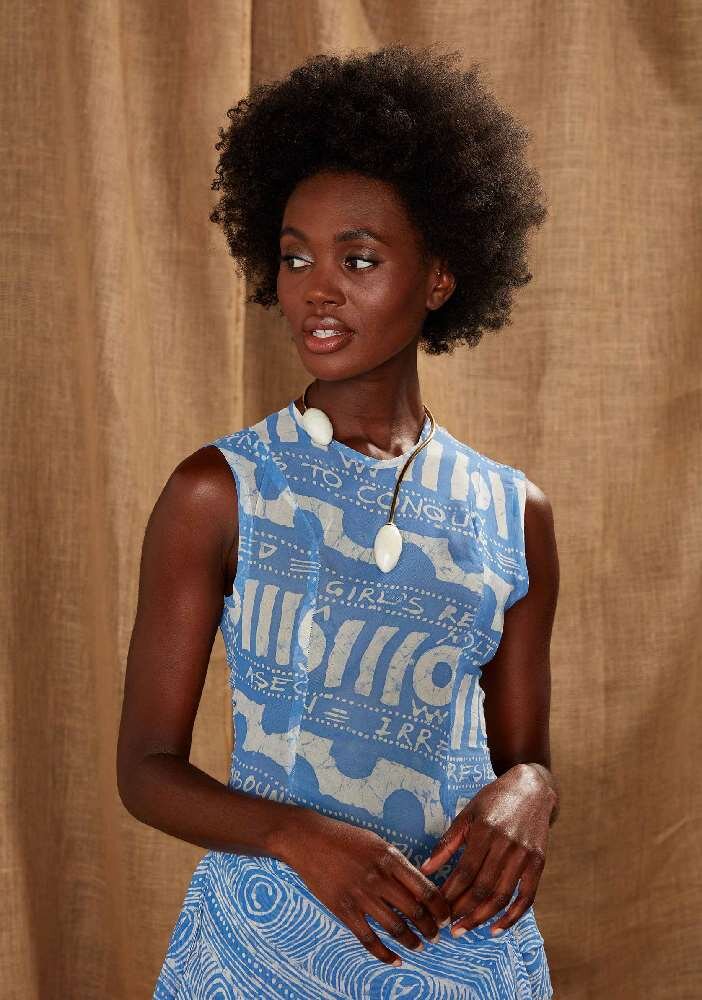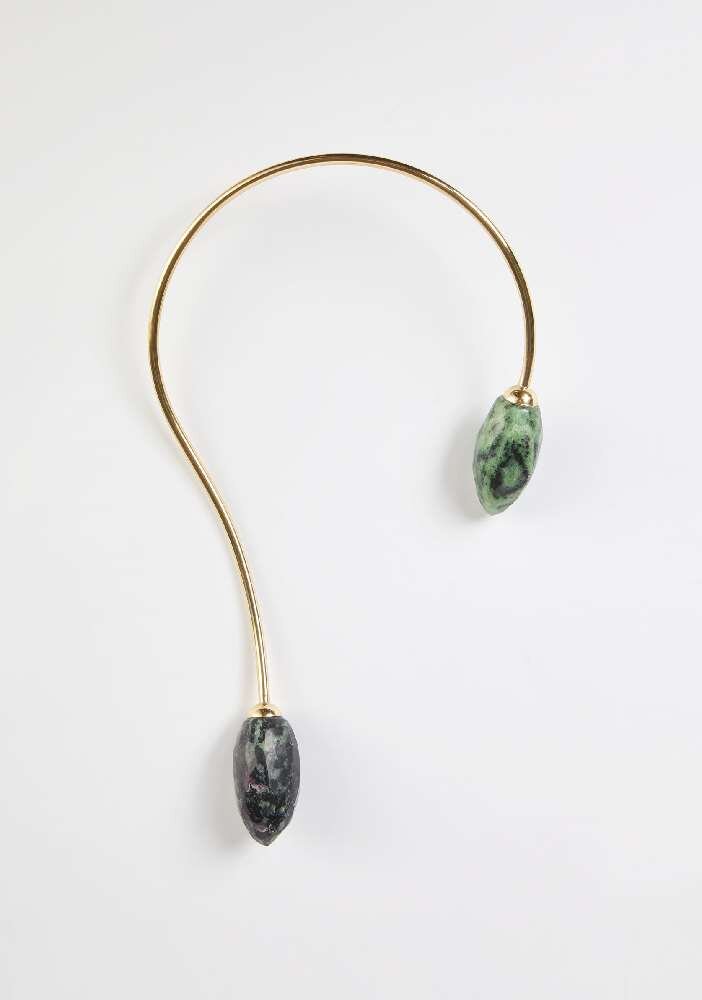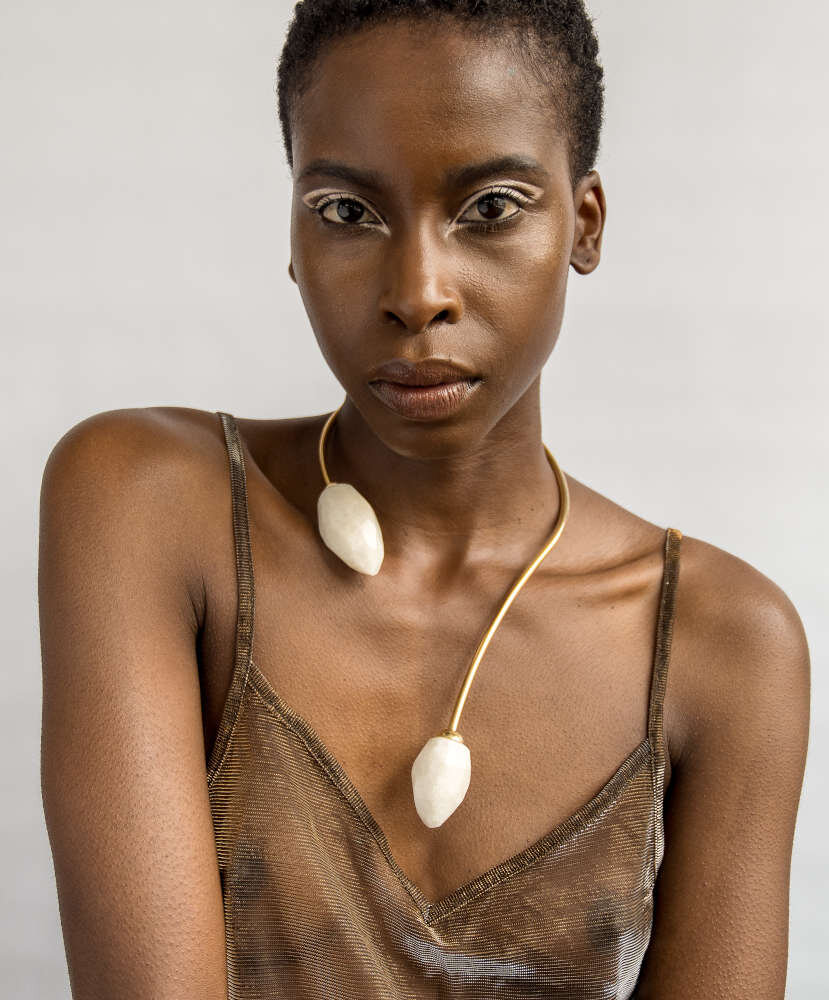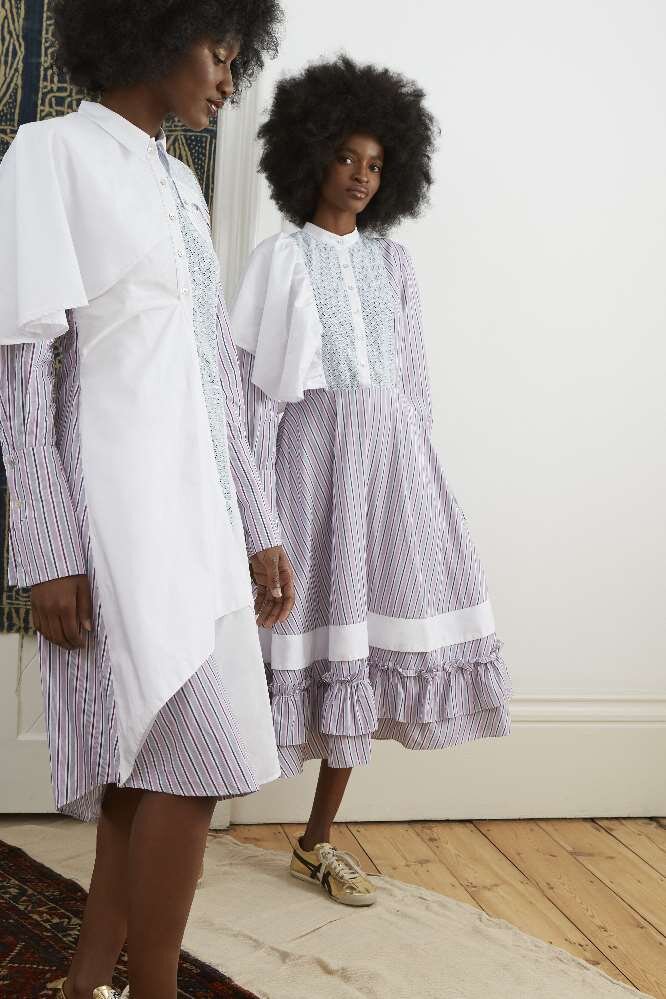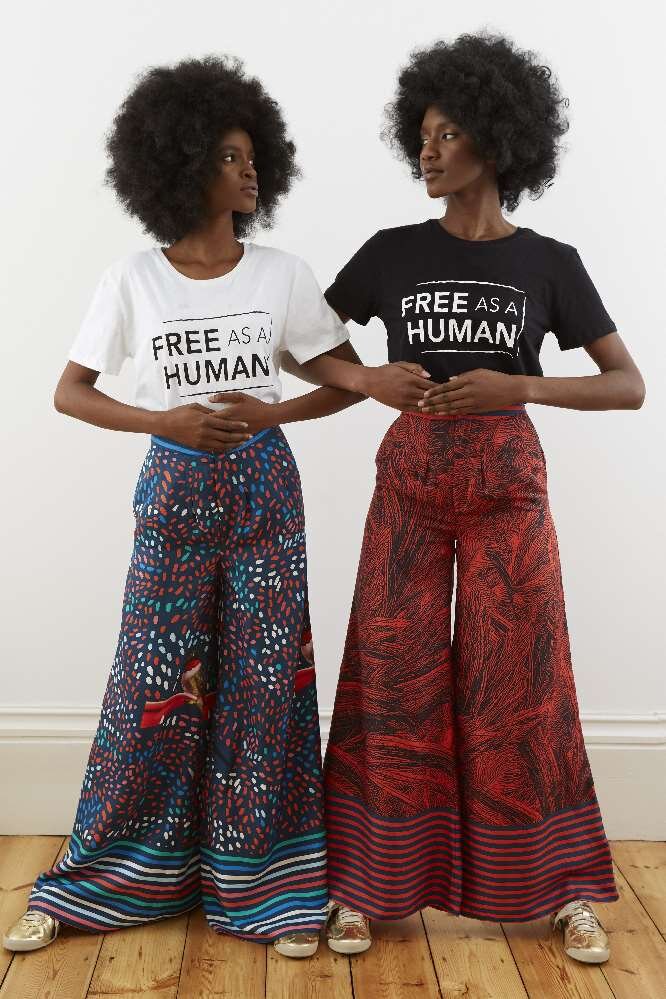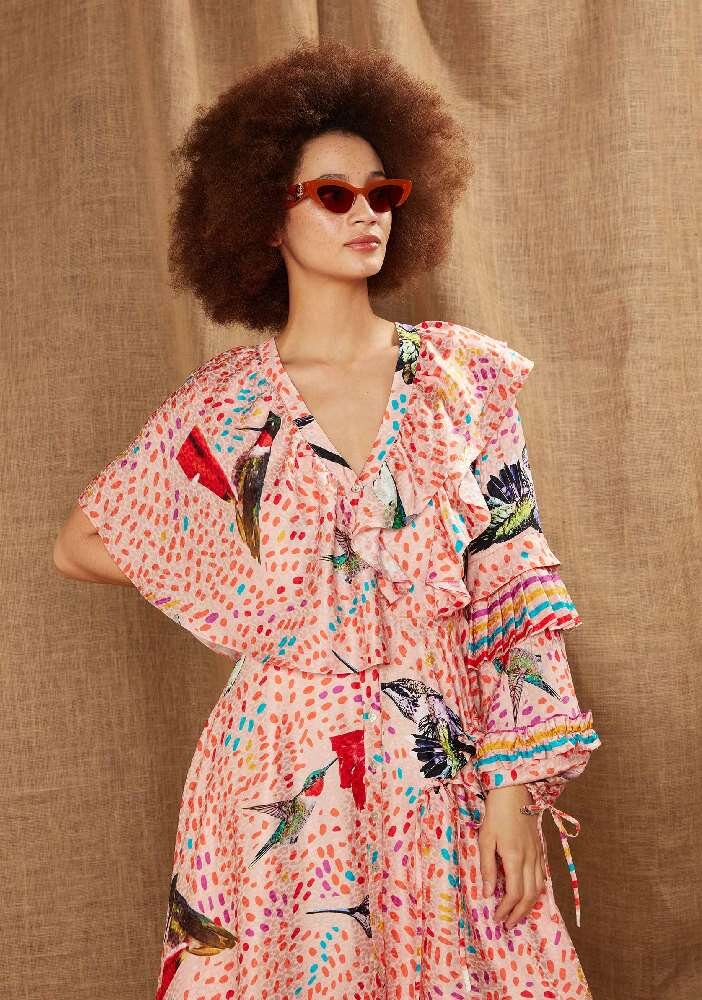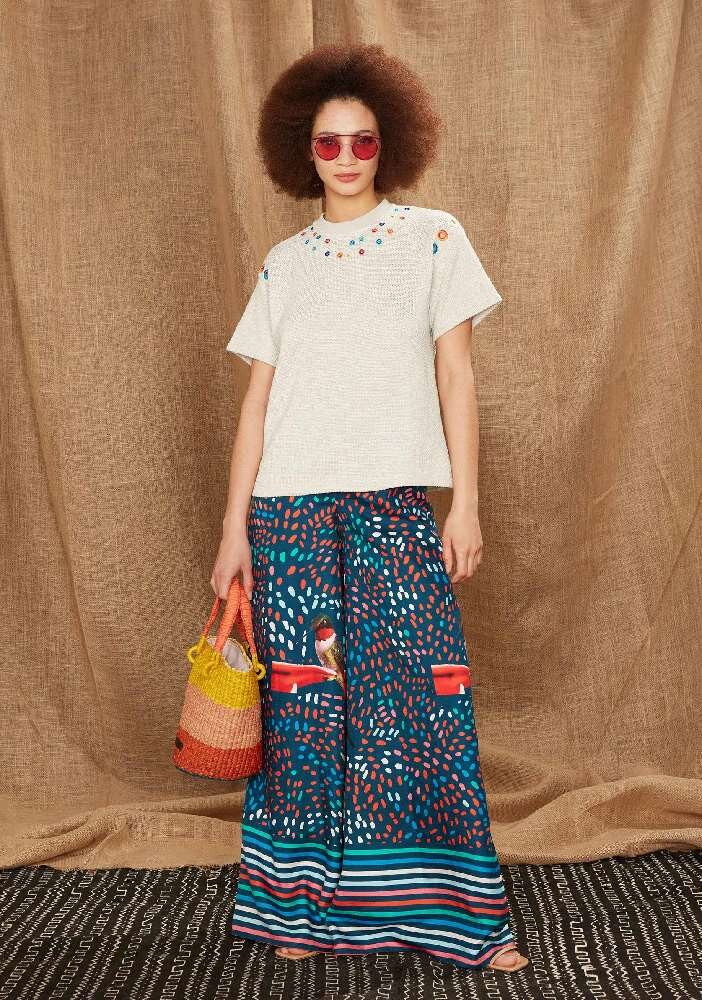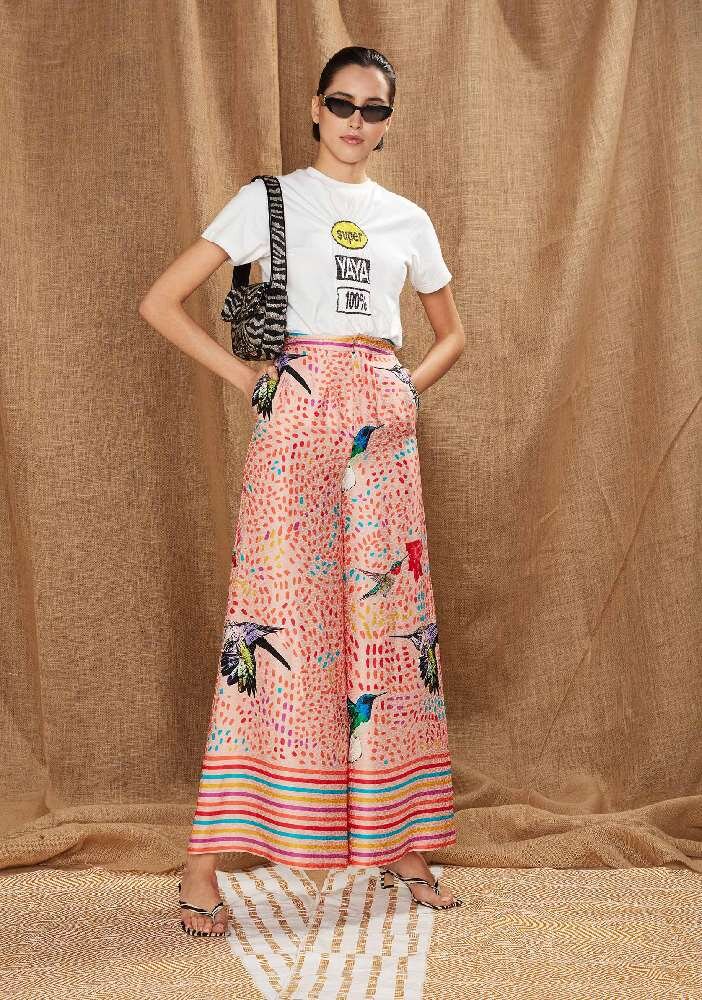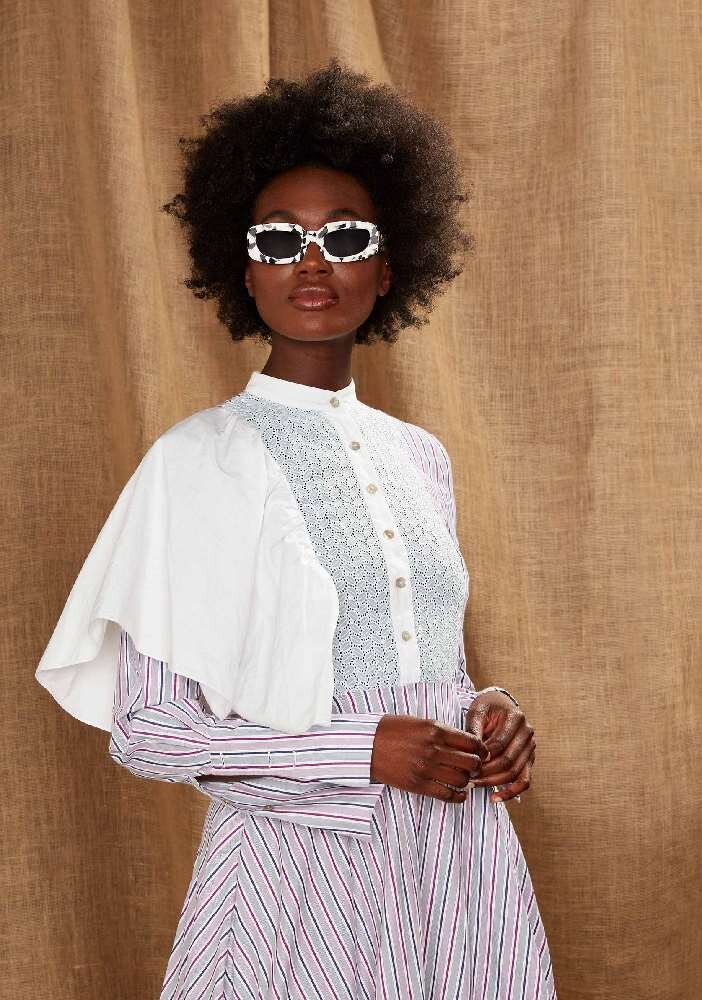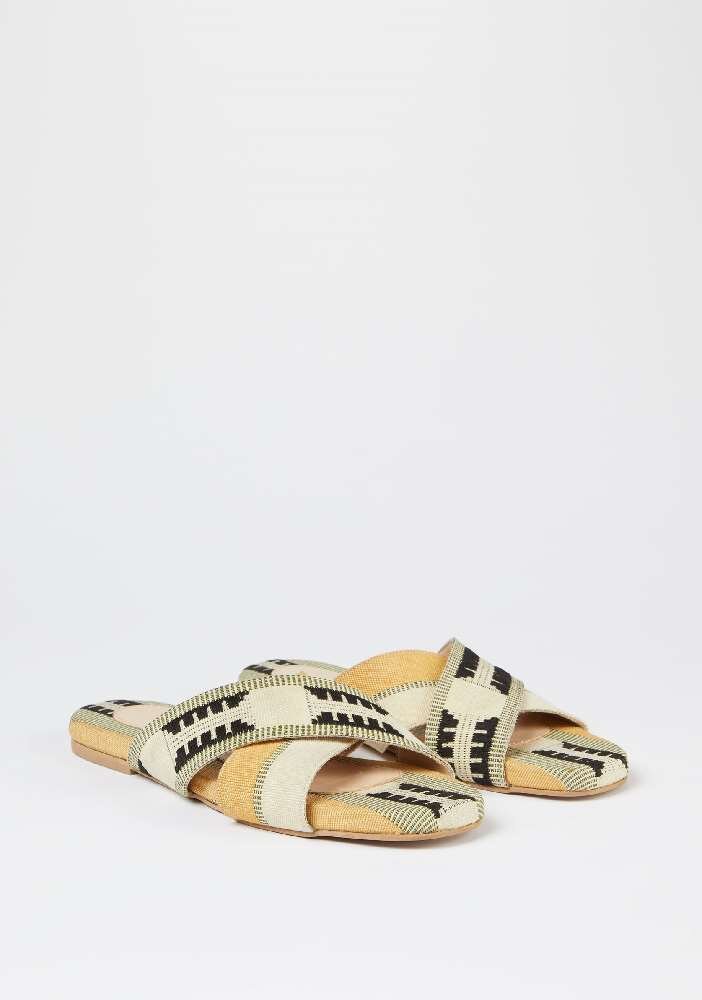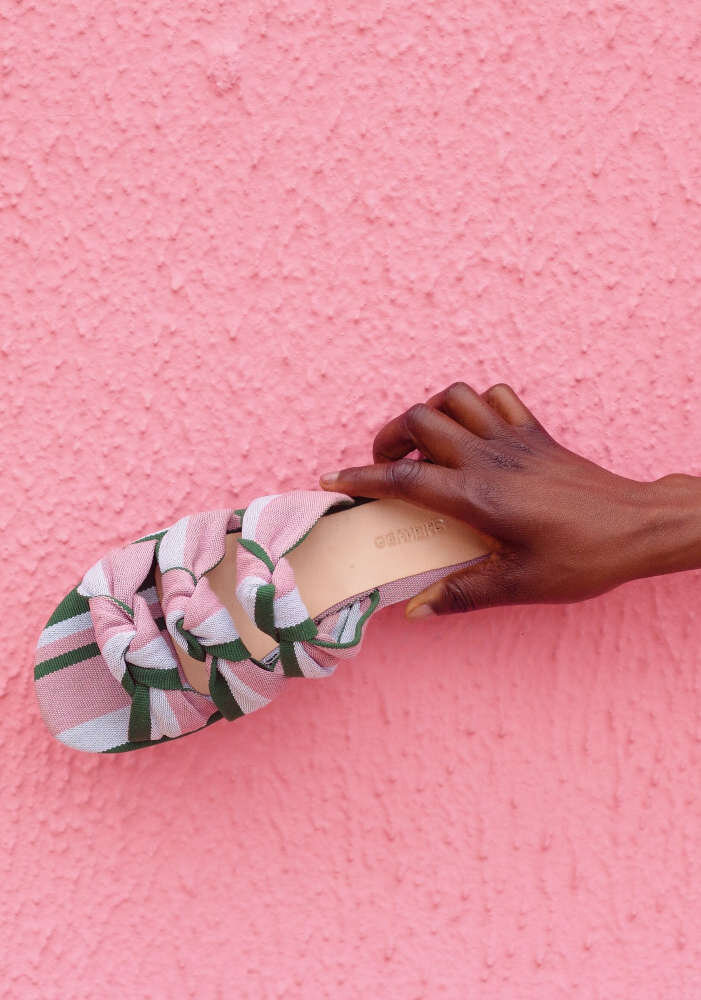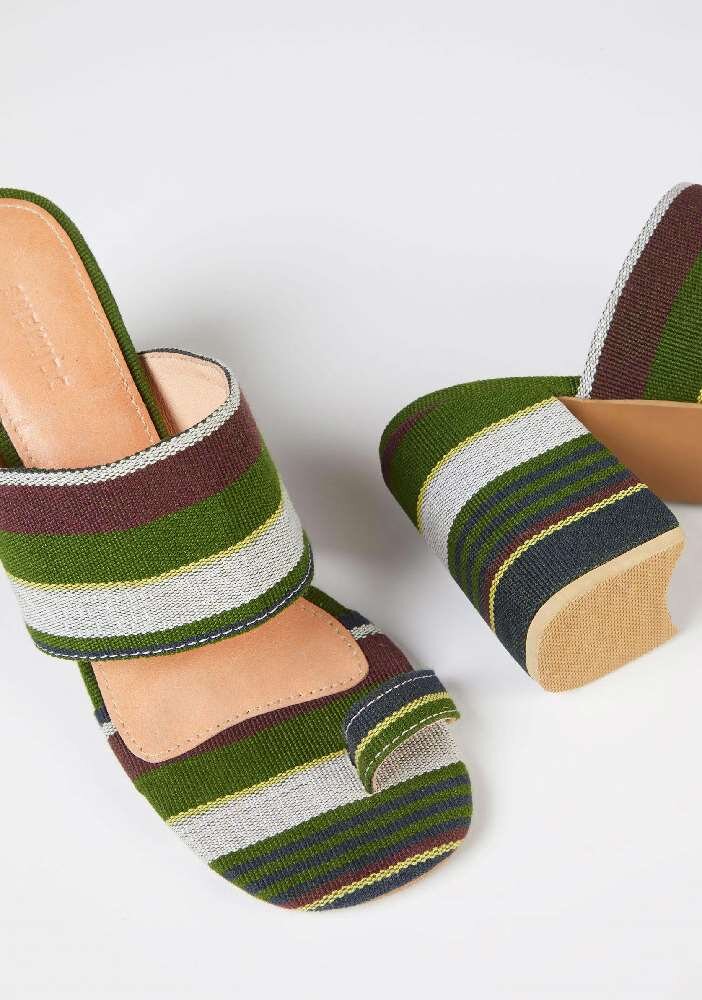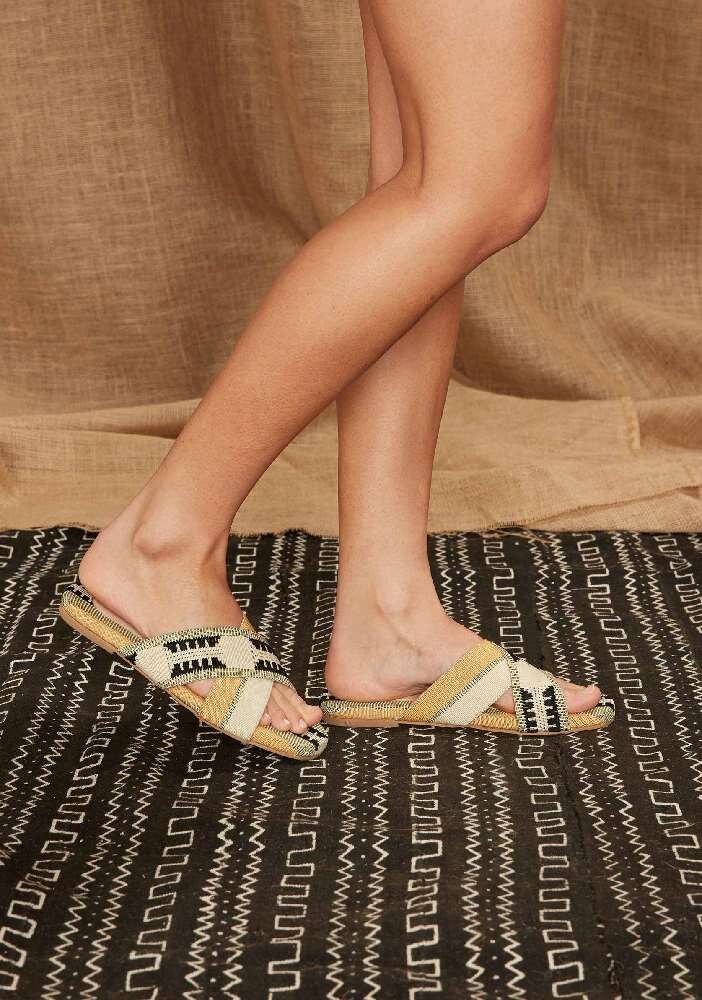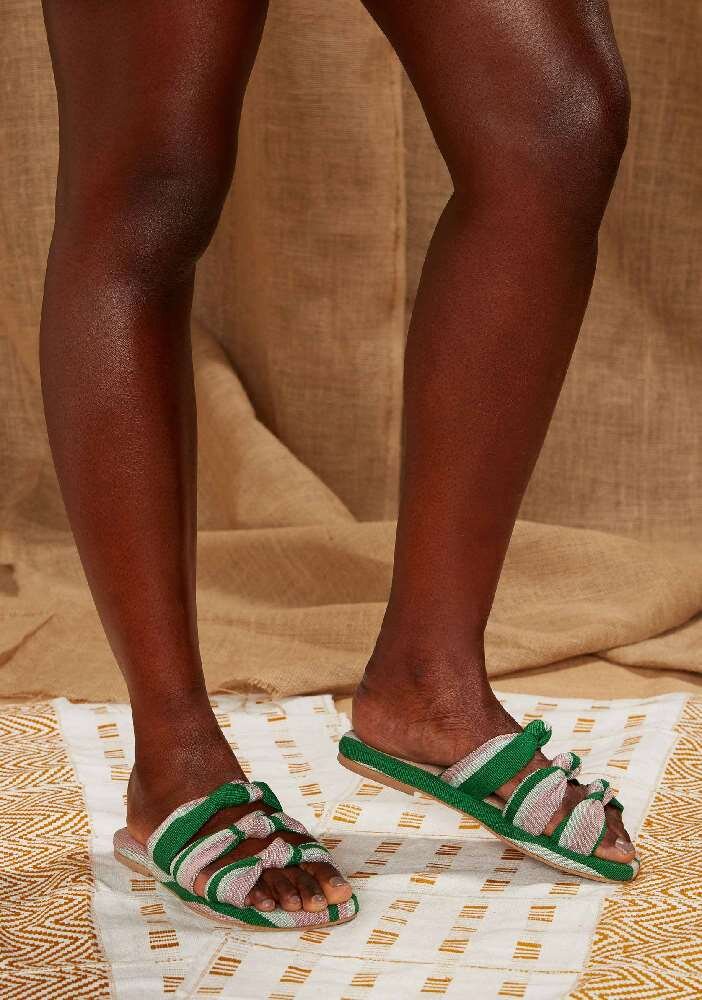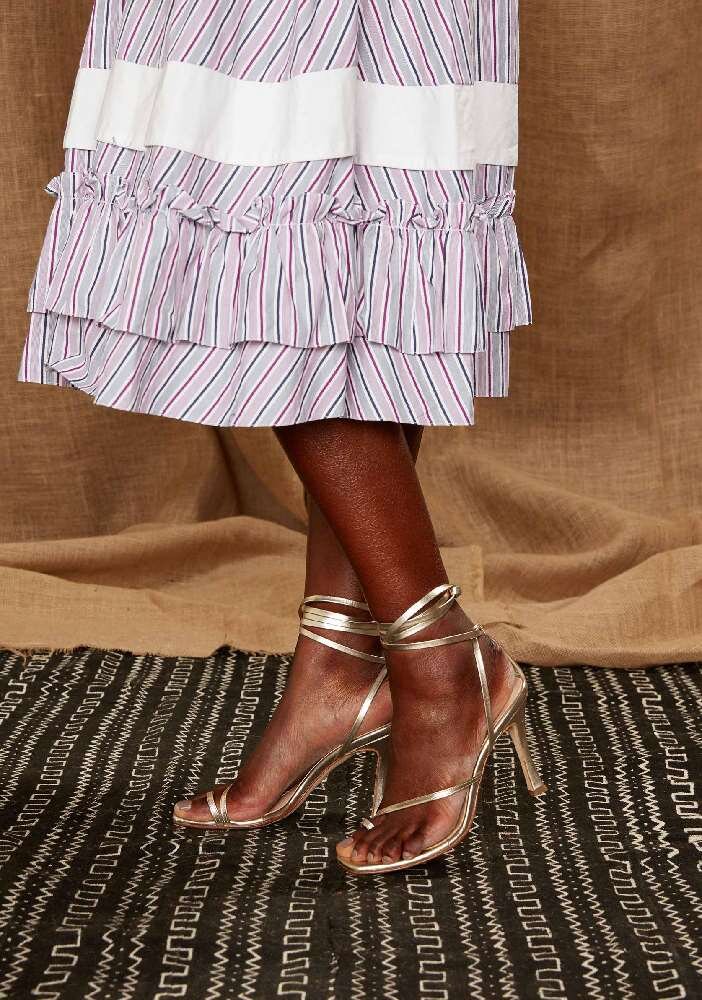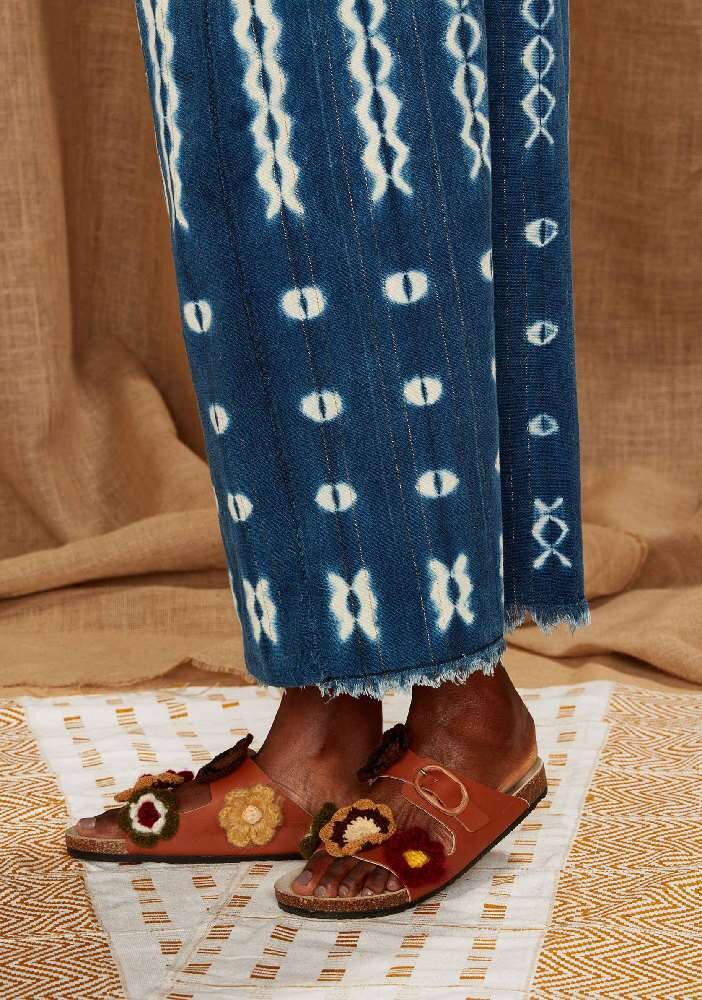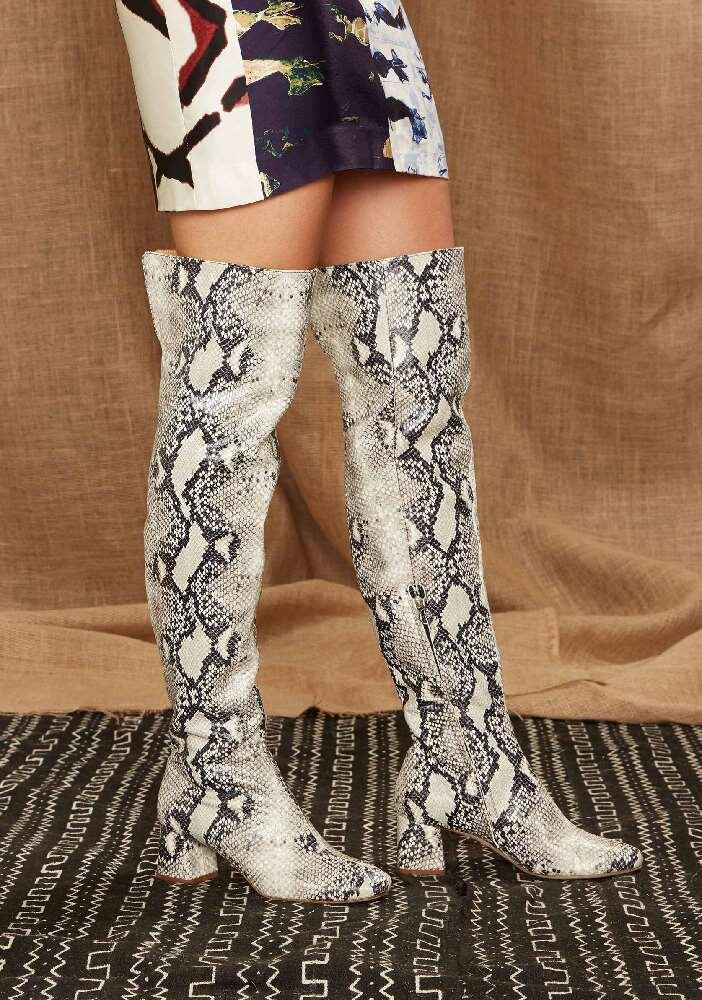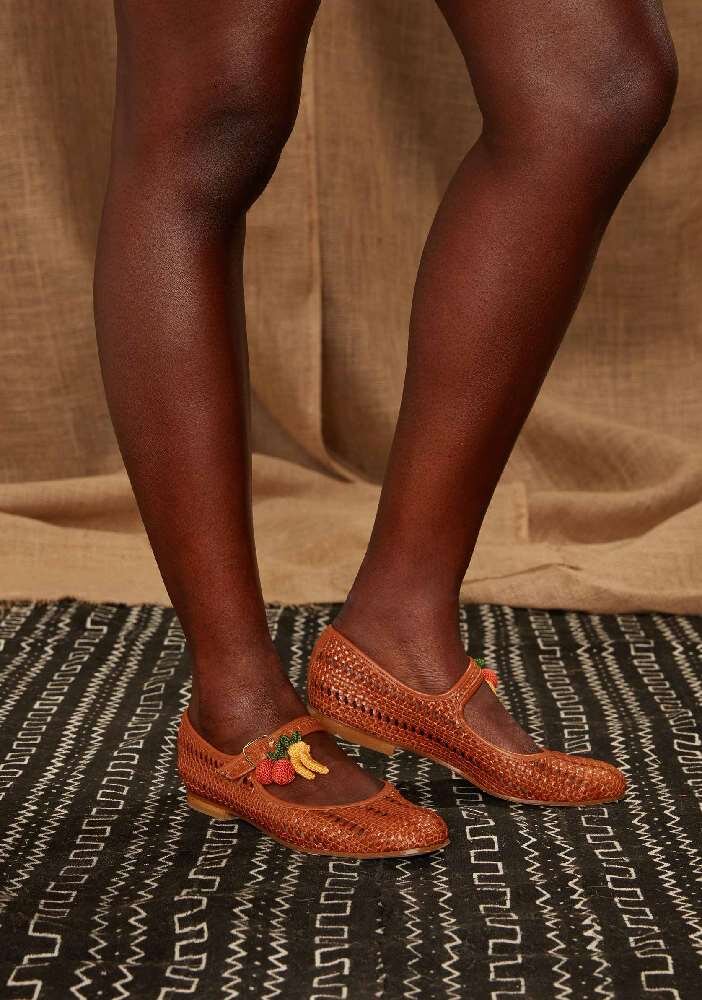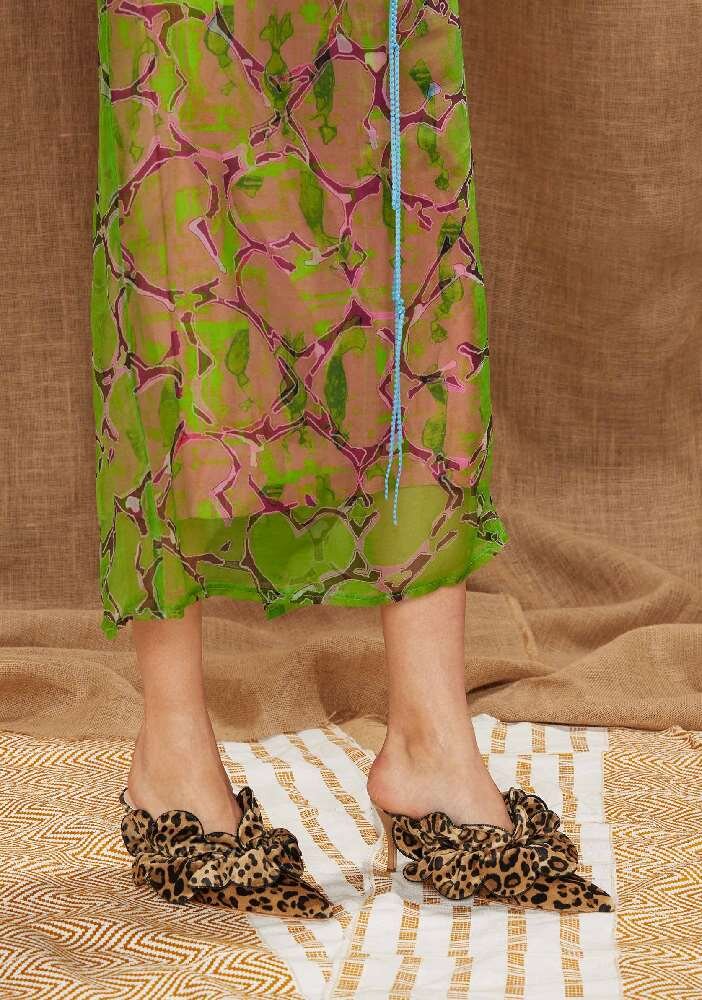Talking sustainability with some of the African designers at Koibird
Everyone knows by now that the fashion and textile industry must clear up its act. Globally, it accounts for 8-10 per cent of carbon emissions, 24 per cent of insecticides and 11 per cent of pesticides. It generates around 20 per cent of the world’s wastewater and releases half a million tons of synthetic microfibers into the oceans annually. Meanwhile the conversation around sustainability has broken through with advocates calling for mindful production and consumption of clothing, especially in developing nations where environmental degradation and climate change, as well as economic and social instability, is felt the most.
It’s amid this debate that Africa can offer solutions. The fashion landscape has blossomed across the continent in the past decade with the market now worth $31billion, $6billion of which from the luxury sector. As such, the time is now to say no to the type of fast fashion production methods that have proved so harmful in Asia and instead focus on elevating ethically made goods that tell their own authentic stories. It’s about homegrown designers who value Africa’s centuries-old materials and craftsmanship and who support skilled artisans to produce contemporary, desirable pieces.
It’s this spirit that runs through many of the brands stocked at Koibird this season. The London concept store has dedicated summer to the designers they explored at Lagos Fashion Week, where the team were most drawn to those whose collections naturally exuded the human touch. Standout designers now found in the Koibird edit include Studio One Eighty Nine, which supports communities in Ghana to create beautifully hand dyed, woven and upcycled womenswear, Orange Culture, which ethically sources and produces its androgynous designs in Nigeria, and Galago in South Africa who support women makers to create their colourful sandals. Here we profile five more brands in store who are making a difference through fashion.
Thebe Magugu
Winning both the LVMH Prize and International Fashion Showcase last year, Thebe Magugu is taking South African fashion into orbit. The young designer excels at experimental fabrications and storied motifs that speak to his heritage while his elegant tailoring and bold proportions build an eminently wearable wardrobe. Despite his enviable success, Magugu’s work ethic remains firmly on the ground. “All of my production is done between Cape Town, Durban and Johannesburg,” he says. “From wools to leathers, I am trying to keep everything as South African as possible, which is important now more than ever because Covid-19 has taught us the importance of localisation.”
SS20, entitled Prosopography, is especially close to his heart. “It is one of my most important collections because its inspired by the Black Sash, a group of white women who put their lives in danger fighting for the rights of people of colour in Apartheid South Africa.” Going that extra mile, a key look, comprising a blouse and skirt, looks like a zebra print but has in fact been hand painted using mud from a witch doctor in Lesotho and applied using an ancient marbling technique. “I love it so much because it’s literally a part of where I’m from, which is very special to me.”
Ami Doshi Shah
Ami Doshi Shah draws on both her Indian and Kenyan identities to inform her ideas around adornment. Acting as both talismans and items of personal value, the Nairobi-based designer’s sculptural jewellery pieces exude a whimsical interplay of raw and clean textures.
Her locally sourced materials include waste leather, brass and raw stones that are transformed through her hand-making process. “Designing in Kenya is a very compelling story, so it’s about adding value to the resources available to us. I use sustainable materials that feel like they belong here,” she explains.
Doshi Shah’s current collection is inspired by how salt creates patinated surfaces on her vessel-like shapes. “I’ve used zoisite, which is a discarded by-product from Kenya and Tanzania's ruby mining industry. I believe it is far more visually fascinating and tests preconceptions around the intrinsic value of a material,” she says. “I’m also using old mango wood from Kenya’s coast. Similar to Zoisite, the beauty lies in the inconsistent grains of this warm-toned wood.”
Anyango Mpinga
Anyango Mpinga caters to women of all sizes with her trans-seasonal collections focussed on structured tailoring, bold dresses and bespoke prints with a Victorian flourish. Not only that, the Nairobi native is also an activist with her initiative Free As A Human, which advocates to support female survivors of trafficking.
Her latest offering, Human Family, features prints taking their cues from scarfication rituals and a traditional feather hat worn by the Dholuo tribe from her village. “This collection pays homage to three strong black women who used their voices and art to advocate for change and fight for equality - Aretha Franklin, Maya Angelou and my grandmother. As Angelou stated, ‘We Are More Alike, Than We Are Unalike’,” she says. “I have used silks that have passed GOTS standard certification as well as upcycled cotton and broderie anglaise. Another way I reduce waste is by coming back to core patterns that I can modify and make new each season.”
Shekudo
Shekudo’s colourful mules and sandals not only pretty up your feet, they are also helping to support over a dozen artisans in Nigeria. Founder Akudo Iheakanwa chooses local leather, cotton, silver and wood as well as handwoven textiles aso oke and akwete to create her footwear alongside this valuable workforce of metalsmiths, shoemakers, embroiderers, weavers and wood craftsmen. It can take up to 10 days to make one pair.
“Our team is a growing family and I rely on their knowledge and skills - it’s a constant exchange,” says Iheakanwa, who relocated from Sydney to Lagos in 2017 to develop the brand. “We are adamant about providing fair wages, secure employment and most importantly, training more women to join the team.”
Iheakanwa also offers jewellery and bags and is looking into incorporating Nigerian semi-precious stones into her future designs. The current collection, aptly called Coming Home, is infused with nsibidi motifs, which is a system of symbols from southeastern Nigeria. “We are creating a contemporary re-boot of age-old materials and techniques. There is an abundance of talent surrounding us on this continent and I am inspired daily thinking about what we can explore and promote next.”
Brother Vellies
Aurora James’ Brooklyn-based footwear brand has reached cult status since its launch in 2013. Fans of her fun and fantastical designs include Solange, Issa Rae and Rosario Dawson to name just a few. But what sets Brother Vellies apart from other ‘It’ labels is that it is wedded to creating employment for artisans across Africa by producing in South Africa, Ethiopia, Kenya and Morocco.
This season, named after Marvin Gaye’s album My Dear, saw James listen to music from such impressive voices as Minnie Ripperton, the Lijadu Sisters and Kelsey Lu to create a collection steeped in themes of love. Designs range from the practical – easy wear flip flops and picnic shoes festooned with crochet fruit and flowers – right through to catering to your late-night revelry needs – woven leather high heels with a spray of by-product springbok that promises to tickling your ankles while dancing.
Read all about Nataal’s partnership with Koibird here
Read our interview with Studio One Eighty Nine here
Discover four more African brands available at Koibird here


